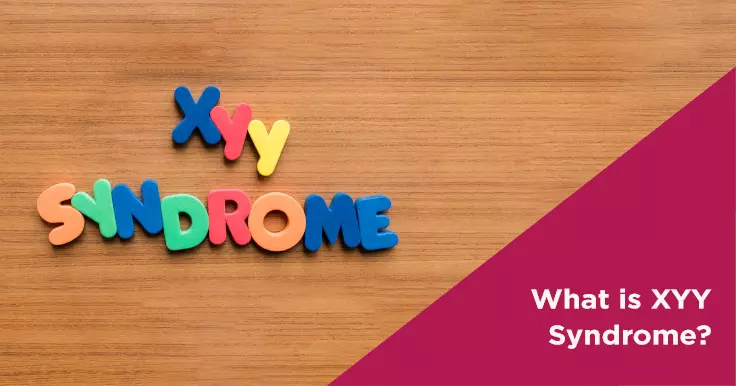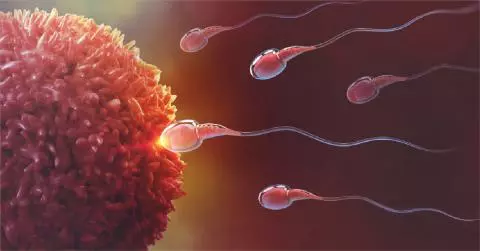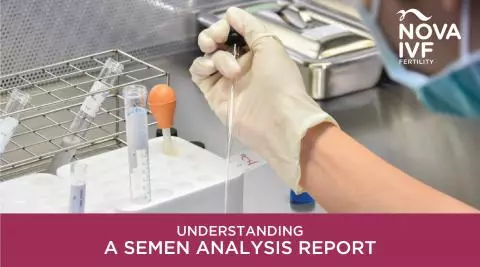Causes of XYY syndrome
XYY syndrome is caused due to a random error in the cell division. Nondisjunction is the term given to the missegregation of chromosomes due to the error in cell division. The extra Y chromosome occurs from nondisjunction during cell division of sperm cells either before conception or during early embryo development.
Symptoms of XYY Syndrome
Some patients may show no symptoms, while others may develop mild symptoms. Below given are some of the common signs and symptoms of XYY syndrome:
- Underweight
- Poor muscle tone
- Delay in reaching all the milestones
- Delayed in development of speech and language skills
- Widely spaced eyes
- Learning disability
- Lower IQ than normal
- Severe acne
- Behavioral problems like high temper, hyperactive etc.
- Involuntary muscle movement
- Taller than average height
Diagnosis of XYY Syndrome
Generally, this rare genetic disorder is never diagnosed because one may experience a few or no problematic symptoms. Usually, men with XYY syndrome have normal sexual development and fertility. But in some cases, they may have decreased sperm count with immature sperm cells. Such men are still fertile but may have issues in impregnating their partner. In such cases, a doctor may suggest a chromosome analysis to check for XYY syndrome.
This condition can be diagnosed during the prenatal stage through amniocentesis or chronic villus sampling.
Treatment of XYY Syndrome
The treatment strategies used depends upon the symptoms developed by this condition. Below given are some of them:
- Speech therapy
- Education support services
- Early intervention services
- Physical therapy
- Counseling
- Regular doctor visits
It is better to consult a doctor if you think you or your child might have this condition.
 Infertility Counselling
Infertility Counselling Female Infertility Treatment
Female Infertility Treatment Andrology Treatment
Andrology Treatment Fertility Enhancing Surgeries - Female
Fertility Enhancing Surgeries - Female Fertility Enhancing Surgeries - Male
Fertility Enhancing Surgeries - Male Endoscopy Treatment
Endoscopy Treatment IUI Treatment
IUI Treatment IVF Treatment
IVF Treatment ICSI Treatment
ICSI Treatment Advanced IVF Solutions
Advanced IVF Solutions Embryology
Embryology Vitrification Egg, Embryo, Sperm Freezing
Vitrification Egg, Embryo, Sperm Freezing Preimplantation Genetic Testing (PGT)
Preimplantation Genetic Testing (PGT) Donation Program Embryo / Egg / Sperm
Donation Program Embryo / Egg / Sperm Self-cycleTM IVF
Self-cycleTM IVF

 Self-cycleTM IVF
Self-cycleTM IVF











